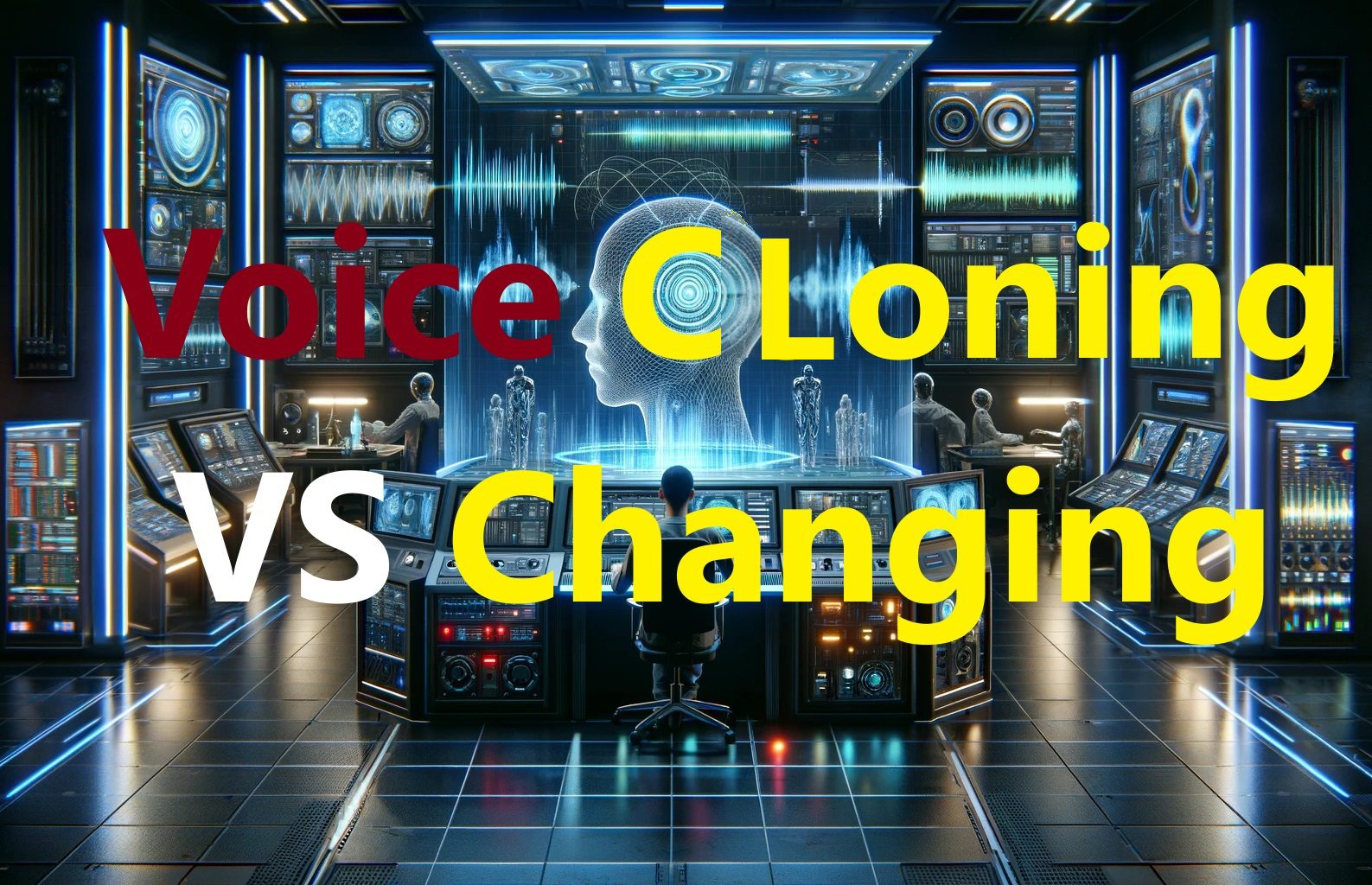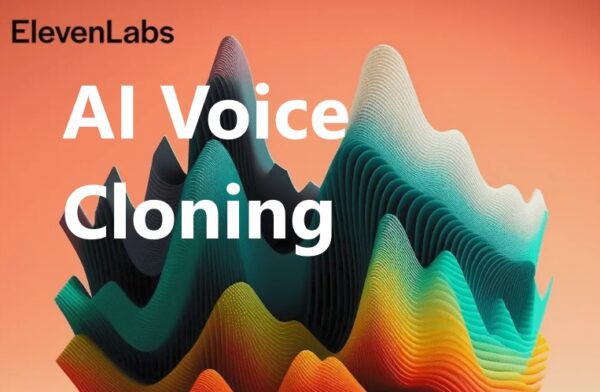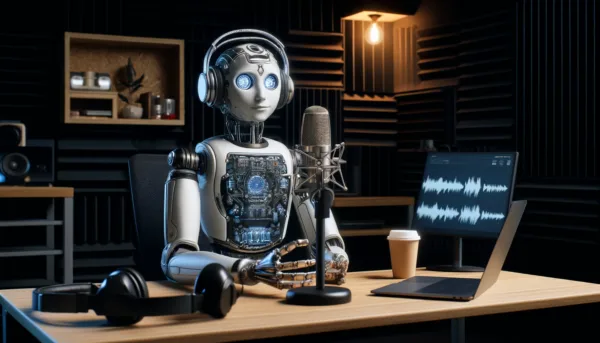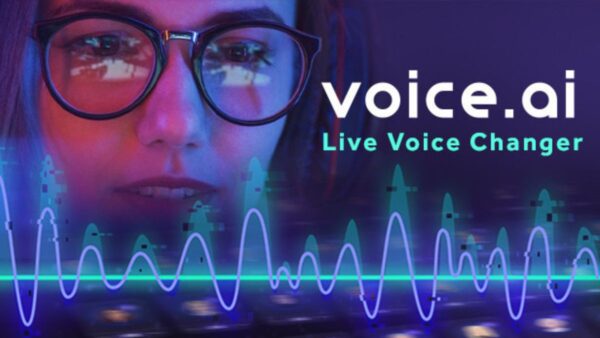Voice changers and voice cloners serve distinct purposes: one for instant voice alteration across numerous effects, perfect for gaming and online fun; the other for generating an exact digital replica of a specific voice, ideal for personalized content creation and accessibility. Explore our detailed comparison to understand which technology aligns with your digital aspirations.
Voice Changers
They Typically alter a person’s voice in real-time or on recorded audio to sound different. They can modify pitch, tone, and sometimes add effects to make the user sound like someone else, such as a famous character, celebrity, or a completely different person. Voice changers are often used for entertainment, such as during gaming, live streaming, or in voice chats. They provide a wide range of voice filters and sound effects to choose from, making online interactions more fun and engaging. For example, MagicMic offers 225+ voice filters and 600+ sound effects, allowing users to alter their voice in various ways for different applications, including gaming, chatting, and live streaming. It’s designed to be user-friendly, with features like noise reduction technology to improve sound quality during voice changes.
Voice Cloners
They use advanced artificial intelligence (AI) technologies to create a synthetic replica of a specific person’s voice. This process involves analyzing recordings of the target voice to capture its unique characteristics, such as pitch, tone, and nuances. Once the AI has learned these attributes, it can generate new speech in that voice, saying things the original speaker never recorded. Voice cloning is used in various applications, including content creation, personal assistants, and accessibility tools for individuals who may lose their ability to speak due to medical conditions. This technology enables highly personalized voice solutions, enhancing content engagement and offering new ways to communicate.
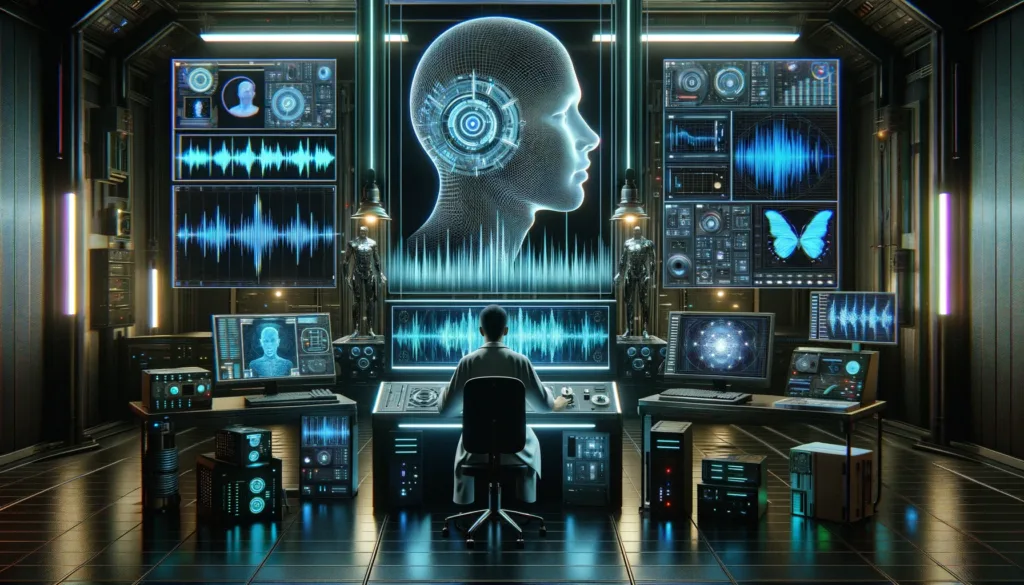
The key difference lies in the purpose and complexity: voice changers are primarily for real-time voice alteration with various effects for entertainment, while voice cloners generate a digital replica of a specific voice for more personalized and extensive applications. Voice changers offer a broad range of fun and entertaining modifications suitable for casual use, whereas voice cloners require more input (voice samples) and processing but result in a customized, realistic voice output that can be used in more professional and personal contexts.

